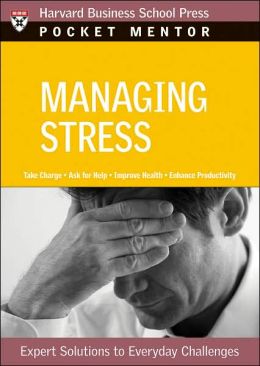How about this: It can save you money.
Rearchers at Benson-Henry Institute for Mind Body Medicine at Massachusetts General Hospital looked at some of the large body of research that's found health benefits from meditation and other mind-body practices, like yoga and tai chi, and found people who used relaxation techniques were 43 percent less likely to visit the hospital, be ordered a medical test by their doctor and to need emergency care, compared to those who did not use the practices.
To determine that, the researchers analyzed 4,000 records from patients between 2006 and 2014, who followed a doctor's recommendation to use relaxation techniques such as meditation, yoga, and tai chi in addition to medical treatment for stress-related health problems. They also looked at the records of 13,000 patients whose doctors did not make these recommendations.
The researchers found that mind-body practices resulted in annual health care savings of $2,360 per patient, based on reduced emergency room visits alone.
They estimated overall annual savings -- taking into account the costs of hospital and doctor visits, and medical tests -- of up to $25,000 per patient.
Feel better. Save money. Become a nice person because you're less stressed. Good reasons to try meditation."These practices can ... decrease the anxiety associated with many health conditions, lead to improved self-awareness, and may enhance other self-care behaviors," Dr. Michelle Dossett, a physician and researcher at the Benson-Henry Institute and one of the study's authors, told The Huffington Post. "These practices can decrease a wide range of stress-related symptoms and medical conditions."





